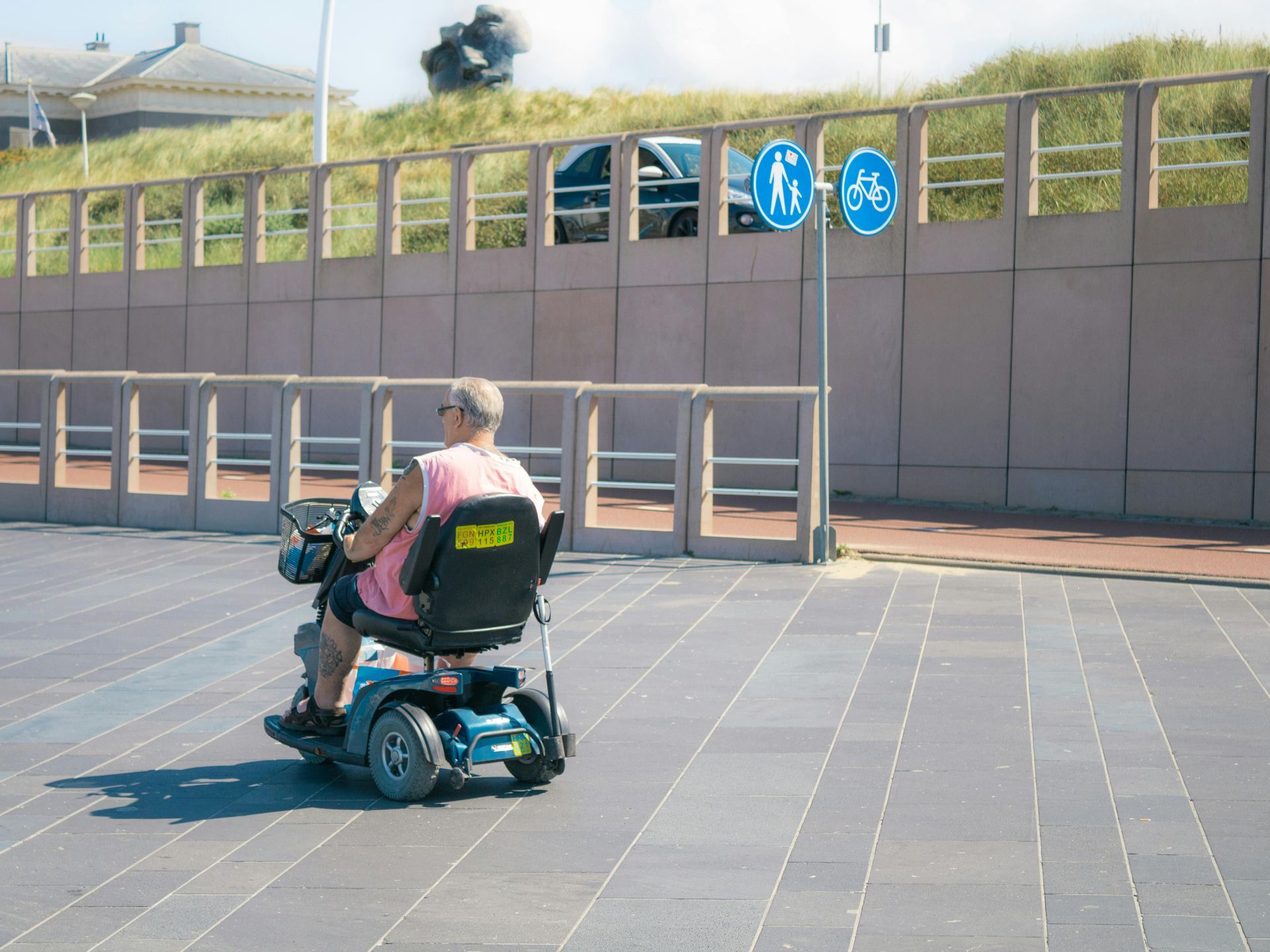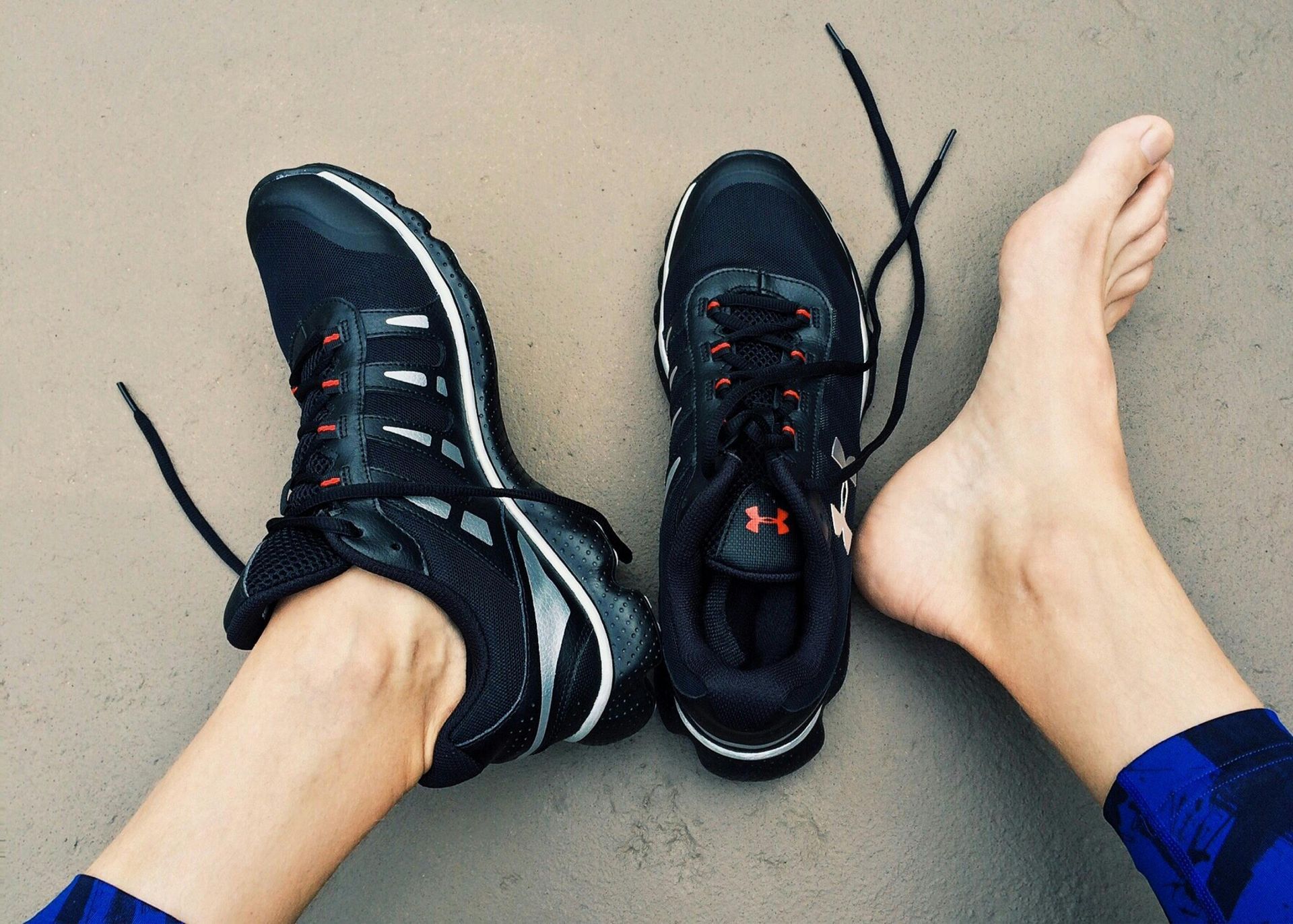The Connection Between Kidney Health and Lower Back Pain
March 2025
The Connection Between Kidney Health and Lower Back Pain

Lower back pain is a common complaint, and many people may not realize that it can sometimes be linked to kidney health. Understanding this connection is important for accurate diagnosis and effective treatment. Let’s explore why kidney issues can manifest as lower back pain and what you should know.
Anatomy and Referred Pain
The kidneys are located in the posterior abdomen, just below the rib cage, on either side of the spine. Due to their position, any issues affecting the kidneys can lead to referred pain in the lower back. Referred pain occurs when pain is perceived in a location different from its source, often due to shared nerve pathways.
Common Kidney Conditions
Several kidney-related conditions can lead to lower back pain:
- Kidney Stones: Hard deposits that form in the kidneys can cause intense pain, often starting in the back and radiating to the lower abdomen and groin. This pain can be sharp and sudden.
- Kidney Infections (Pyelonephritis): Infections can cause inflammation and swelling of the kidneys, leading to localized pain in the lower back. This is often accompanied by fever, chills, and urinary symptoms.
- Polycystic Kidney Disease: This genetic disorder causes fluid-filled cysts to develop in the kidneys, potentially leading to pain and discomfort in the back as the kidneys become enlarged.
- Kidney Trauma: Any injury to the kidneys, whether from a fall or an accident, can result in pain that is felt in the lower back region.
Symptoms to Watch For
If you suspect that your lower back pain may be related to kidney health, watch for the following symptoms:
- Pain on one side of the back, often deep and aching
- Changes in urinary patterns (frequency, urgency, or color)
- Pain during urination
- Fever or chills (in the case of infection)
- Nausea or vomiting
Importance of Diagnosis
Given the potential seriousness of kidney issues, it’s essential to seek medical attention if you experience lower back pain along with any of the above symptoms. Healthcare professionals may perform tests such as urine analysis, blood tests, or imaging studies to evaluate kidney function and rule out serious conditions.
Prevention and Care
To support kidney health and potentially reduce the risk of related lower back pain, consider the following tips:
- Stay Hydrated: Drinking plenty of water helps prevent kidney stones and supports overall kidney function.
- Healthy Diet: A balanced diet rich in fruits, vegetables, and whole grains can benefit kidney health. Limit sodium and processed foods.
- Regular Exercise: Engaging in physical activity helps maintain a healthy weight and supports overall body function, including the kidneys.
- Limit Alcohol and Avoid Smoking: These substances can negatively impact kidney health.
Conclusion
Understanding the link between kidney health and lower back pain is essential for effective management. If you experience persistent or severe lower back pain, especially with urinary symptoms, consult a healthcare professional for a thorough evaluation. Early diagnosis and treatment are key to maintaining both kidney and overall health.
book a session with Physiotherapy Madeira
All Rights Reserved | Physiotherapy Madeira




